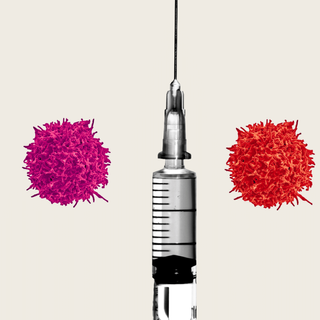A new preprint currently awaiting approval from The Lancet brings good news related to Covishield, the dual-dose vaccine by Oxford-AstraZeneca: data from three U.K. trials have found the first dose of the vaccine protects people with 76% efficacy against Covid19 symptoms for at least three months. The first shot also reduces the likelihood of transmitting Covid19 by 67%.
The current data, if corroborated by The Lancet, has the power to cut through vaccine hesitancy surging around the world, especially in India where Covishield has been the main vaccine in the world’s biggest immunisation drive since Jan. 16.
The finding also provides justification to delay the second, booster shot of the Oxford-AstraZeneca vaccine, a practice followed in many parts of the world where officials have decided to prioritise giving a first shot to as many vulnerable people as possible before providing the second. Postponing the second shot to three months, instead of the initial one month recommended from clinical trials, may also provide longer-lasting protection from Covid19, as the second dose appears to be more effective when administered at the later date.
Related on The Swaddle:
How Covid19 Variants Are Making It Even More Critical to Vaccinate Everyone, Quickly
The first dose of the vaccine, researchers note, does not protect against the spreading of the virus without symptoms, but substantially reduces virus transmission nonetheless. More time between the doses, they write, “may be the optimal for rollout of a pandemic vaccine when supplies are limited in the short term.”
It’s possible the current data, however, is largely predicated on younger, female, white healthcare workers, which makes the inferences scientists have gathered on the efficacy of the single-dose inconclusive, Azra Ghani, professor of infectious disease epidemiology at Imperial College London, tells The Guardian. “This means that it is not sensible to compare the efficacy estimates from a single dose with those from two doses,” she said, stating the need for more trials that experimented with different dosing schedules.
For now, the research bodes well for immunisation drives around the world that utilise the Oxford-AstraZeneca jab, giving governments more time to immunise as many people as possible with a first shot, without worrying too much about making sure all of them get the second.




